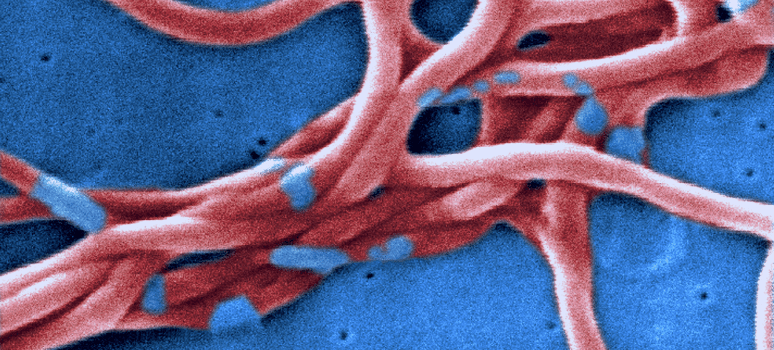
Lyme disease is caused by a bacterium that is very aggressive to the body, but how does it work and why does it weaken people so much? A study provides new answers.
The Lyme is a controversial but real disease. Controversial because it is poorly understood and its extent is questioned. Real because every day thousands of people, especially in the United States and Europe, suffer from its terrible consequences for the neurological system, its mobility and the general functioning of the organism, and even worse when we talk about Chronic Lyme.
At Biosalud Day Hospital we always say that the borrelia burgdorferiThe bacterium that causes Lyme is very aggressive. We see it every day in the office with patients from all over the world who suffer from Multi-Systemic Multi-Infection Syndrome - as Chronic Lyme is called. This bacterium is a spirochete (the bacterium has a spiral shape), a species that is characterised by its great mobility in all weather environments and tissues.
Symptoms of Lyme disease can be confused with autoimmune diseases. And what's more, of this infectious pathology lead to autoimmune diseases for the patients.. Now we know why this happens.
Bacteria borrelia burgdorferi disrupts the immune system as it disrupts communication between dendritic cells and lymphocytes or T-cells. Dendritic cells are the ones that mark the pathogen so that the lymphocytes recognise it as foreign to the organism and act, defending our body.
The patient's autoimmune response is inadequate because the bacterium acts on the dendritic cells and prevents them from presenting antigens of the bacterium - the proteins of this pathogen that is borrelia - to T lymphocytes.
This mechanism has been discovered by researchers at the Johns Hopkins Lyme Disease Clinical Research Center. To understand how infection with this bacterium weakens the immune system, researchers isolated dendritic cells from healthy patients and exposed them to borrelia burgdorferi. What they found was that the bacterium modifies the structure of receptors on the surface of these immune system cells and, instead of detecting a foreign agent, they detect healthy cells and present them as "enemies" to T-lymphocytes.
The authors of the research point out that patients with a genetic predisposition to autoimmune diseases such as lupus or rheumatoid arthritis, the bacterium borrelia burgdorferi could act as a trigger for autoimmune pathology.
At Biosalud Day Hospital we are pleased that progress is being made in the Lyme disease research as these results allow us to move forward in the development of innovative treatments. Moreover, such findings support the approach that Lyme disease specialists bring to the disease. When the bacteria are not destroyed by the immune system at an early stage of the disease, they spread through the body with irreparable consequences.
This is why it is so important to increase knowledge about Lyme and to achieve effective early diagnosis.


1 thought on “La relación del Lyme con las enfermedades autoinmunes”
Good afternoon... Thank you for posting this information... I wonder if in addition to Lyme, it could induce Myasthenia Gravis in certain patients... Thank you in advance for your comments...
Comments are closed.